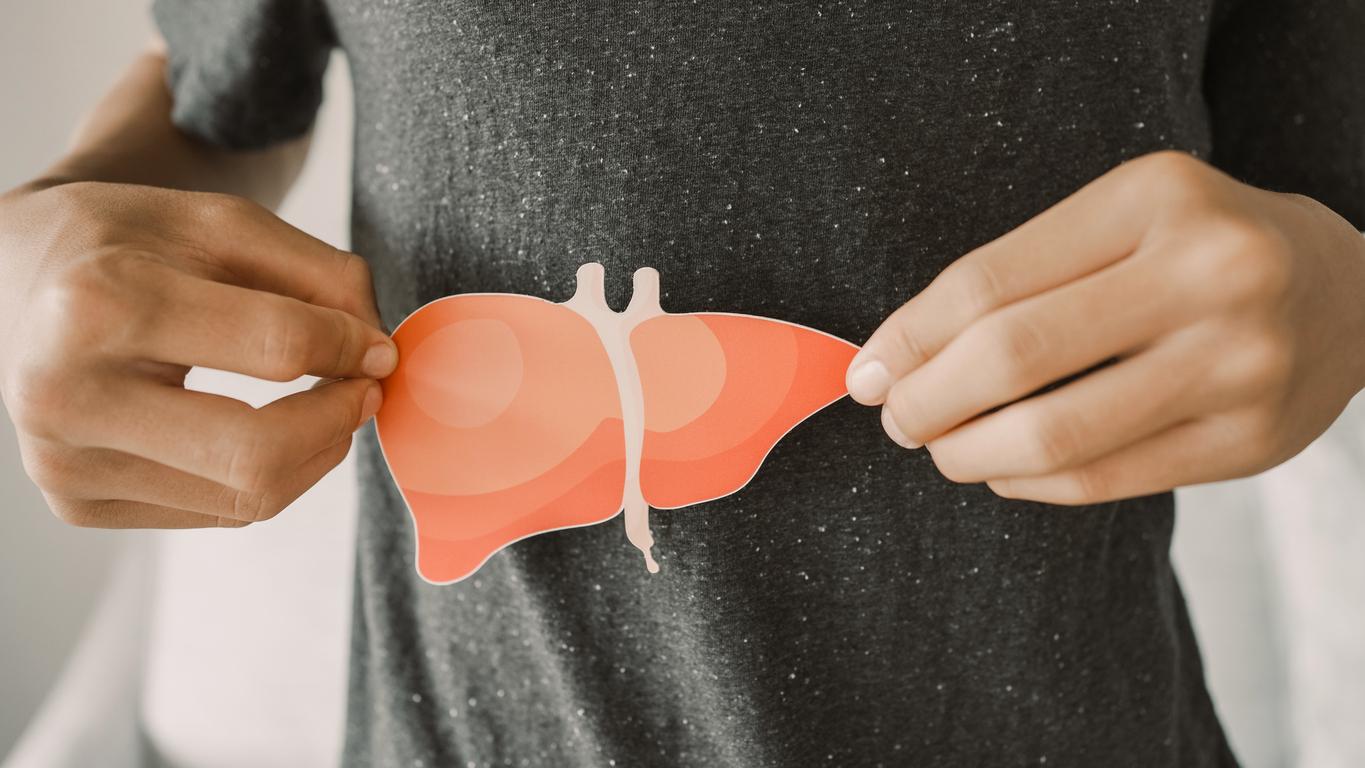So far, only the most seriously ill patients with hepatitis C(those with hepatic fibrosis of a grade higher than F2 or also suffering from HIV) and those with the greatest risk of contamination (drug users, prison population, etc.) were given priority to benefit from new treatments for hepatitis C. Faced with this “rationing”, patient associations had recently appealed to the government by asking them to authorize the manufacturers of generic drugs to produce these new treatments at reduced cost.
30,000 patients already treated
Fact, current recommendations have treated 30,000 patients and “90% of them no longer have a detectable viral load, that is to say they no longer have any trace of the presence of the virus in their body” recalled Marisol Touraine. But, as patient associations point out, 50,000 less severely affected patients would also need these treatments.
They will finally be able to hope because, as part of World Hepatitis Day, the Minister of Social Affairs and Health announced “universal access to hepatitis C treatment”.
“The recourse to this treatment should depend only on the choice of the patient, informed by his doctor. The patient should be able to decide according to his personal appreciation of the advantages and the disadvantages of being treated”.
The extension decree signed in the coming days
Thus, patients with stage F2 fibrosis, transplant patients or those awaiting a transplant will have access to new treatments. “With regard to these patients as well as the most vulnerable populations, I will sign the extension order, after having received the opinion of the Transparency Committee, in the next few days” underlined the minister.
For all other patients infected with the hepatitis C virus, “Asymptomatic F0 and F1, I contacted the HAS last week, whose opinion is mandatory. It must give me, by September, its recommendations on the modalities of implementation of universal access to treatment . I will sign the new decree immediately “ added Marisol Touraine.
Towards a reduction in the price of treatments
The latter also mentioned the price of treatments, which she intends to renegotiate. “The extension of indications and the arrival of competing drugs should make it possible to reduce the price of treatments. I therefore asked the President of the Economic Committee for Health Products (CEPS) to lead discussions in this direction. self-interest, laboratories must play along “.
Remember that to date, the 12-week treatment costs 46,000 euros, fully covered by Health Insurance.
Read also :
Hepatitis C: a rapid test available in a month
Hepatitis C: the HAS establishes the place of new treatments















